“Knowledge is flour, but wisdom is bread” Austin O’Malley
The final in this series of clients that our lab at Fisheries and Oceans Canada (DFO) provides science advice to is another part of DFO. The Fish and Fish Habitat Protection Program (FFHPP) is part of the Aquatic Ecosystems policy and regulatory arm of DFO. Their primary role is to administer and ensure compliance around several pieces of legislation: The Fisheries Act, and the Species at Risk Act. They ensure good stewardship of fish and fish habitat and compliance with the acts by authorizing permits and ensuring compliance to restrictions under the acts.

For those of us within DFO Science, most of our interactions with FFHPP is through their biologists who are responsible for overseeing submitted plans and regulations. Often they are in need of clear and documented science advice related to specific habitat uses so they can ensure uniformity and a solid science rationale for their decisions. For instance, they might require a scientific consensus regarding conditions related to fish passage through culverts because each Fisheries Act permit would require proponents to meet regulatory approval and ensure future monitoring to document compliance. This advice can be direct from a scientist (here is my advice – see these citations), or if the issue is a big one with significant implications, or one that comes up often, an official DFO Science Advice request can be made to the Canadian Science Advisory Secretariat (CSAS). These CSAS meetings involve a steering committee established to set of Terms of Reference for the question at hand. A scientist is contracted to write a research document (or several) which is peer-reviewed and discussed in detail, during a meeting by invited expert scientists, who suggest edits and approve or disapprove the document by consensus. A Science Advisor Report (SAR) is then created to summarize the research and the decisions agreed upon. I have been involved in several of these CSAS meetings, the most recent was related to a Dreissena (Zebra and Quagga Mussel) Risk Assessment for all of Canada (Updated Link).

An intermediate option between an official CSAS meeting (which can take many years to ultimately provide advice), and an immediate phone call response by a scientist, can be that a DFO scientist can respond to a science advice need by FFHPP though proposing a project. Funding of these projects is by priority, but given an interest, the proposal usually involves the research scientist recruiting someone to lead a project and provide a scientific output: for instance, a citable publication, programmatic review or a tool. An example of this from my lab is our RATE-Lakes project. The Rapid Assessment Tool for Ecosystems (RATE) was an idea I had from our work in Areas of Concern in the Great Lakes to propose a very simplified set of metrics which includes an ecosystem approach to track recovery in lakes by comparing status to baseline lakes from across Canada, and importantly, is based on well-established ecological theory. None of the offsetting or lake recovery monitoring plans within FFHPP used an ecosystem approach, and they were keen to have something that was easy to implement and understand. This project became possible when my postdoc Colette Ward joined our group several years ago. She has led this (huge and complex) data and modeling project, and we are very close to publishing the tool and the supporting scientific document. Stay tuned, because there will be an entire posting about that coming up.
